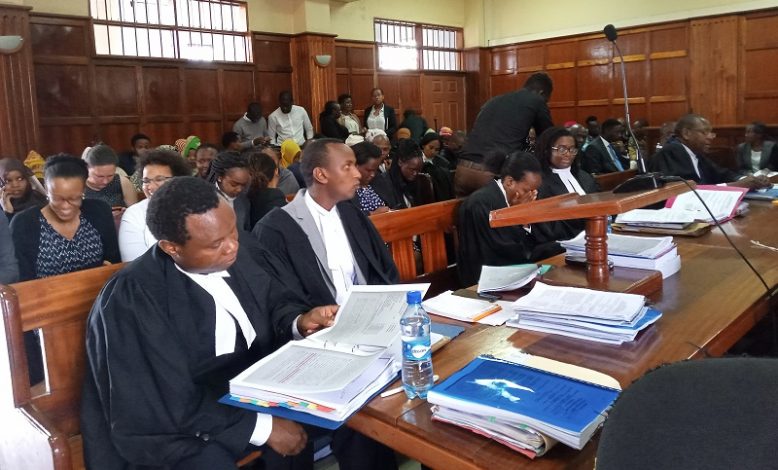“The law cannot fix what technology has broken,” Anand Venkatanatayanan, National Integrated Identity Management System (NIIMS) Expert Witness told the Kenyan High Court on Tuesday on behalf of the Nubian community on the viability of the centralized data collection system.
Anand was being cross-examined by Lawyer Njoroge Regeru representing the Ministry of Interior said, “For a project that affects everyone, one would expect a lot of information to be available about it, but lack of it creates mistrust.”
According to Anand, the state cannot have data protection without a data protection law in place in terms of functionality.
Regeru argued that NIIMS was key in tackling terrorism and crime and Anand was dismissing the local talent, and product to move ahead in innovation.
In response, Anand said the architecture of NIIMS is ‘archaic’. “We should never stop making progress in technology…but we should try to use the right architecture that aims at minimising those threats.”
Earlier during the cross-examination, Anand had said the benefits to be generated from the NIIMS, “The cost of the project will far outweigh the benefits.”
Anand had also told the court that harmonizing data from persons through consolidation posed a great danger because there was no defined purpose of the data being collected.
On Monday, he had testified that NIIMS would not capture all the unique features of each person because humans tend to change over time, hence the uniqueness of a person change as they age.
“A foundation assumption underlying the logic of NIIMS system is that by using biometrics, we can be assured that no duplicate ID will be issued. Biometrics are fallible and cannot be relied on as unique identifiers for the purpose of deduplication,” he argued.
At the end of the cross-examination, Regeru resorted to describing Anand as not ‘possessed with requisite expertise to talk about the NIIMS; No tangible knowledge on the NIIMS system; his conclusions are full of conjecture, speculation with no link to the reality on the ground and that he is unfairly dismissive of local talent.’ Anand, told Regeru that all his assumptions were ‘incorrect’.
The case continues today.




